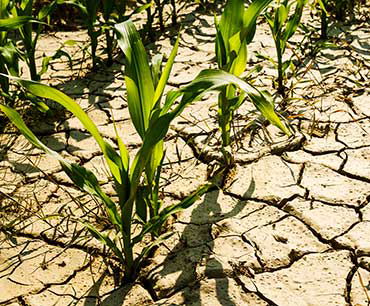In order to address the challenges of climate change in Nigeria, Dr. Yusuf Maina-Bukar, Director-General of the National Agency for the Great Green Wall, has pledged to enhance efforts towards afforestation.
At a recent press conference in Abuja to celebrate his first year in the position, Maina-Bukar made the commitment.
He said, “Since the inception of the agency, afforestation and restoration activities have been at the heart of its activities.” “We have, therefore, focused on implementing afforestation and reforestation activities as well as land restoration and sustainable land management practices, and we have made notable achievements.”
Maina-Bukar noted that the agency specialized in the establishment of shelter belts, woodlots, orchards, and more recently, institutional planting, social forestry, and farm forestry.
According to him, it also specializes in marketable gardens and large-scale restoration of degraded lands to ameliorate the challenges of the environment in the affected communities.
Read Also: delta-approves-installation-of-renewable-energy-in-government-hospitals
“At the core of the Nigerian component of the Great Green Wall initiative is reversing desertification, the degradation of land, and the mitigation of the effects of climate change in the 11 frontline communities, which are in Borno, Yobe, Jigawa, Kano, Katsina, Zamfara, Sokoto, Kebbi, Bauchi, Gombe, and Adamawa states,” he said.
Meanwhile, it was earlier reported that a professor of Geography, Olaniran Olajire, and the immediate past President of the Nigerian Institute of Building, Sunday Wusu, called on governments at all levels to encourage afforestation as a way of averting future flooding.
Olajire noted that the whole world is experiencing climate change and that one of the effects is extreme weather manifesting in the form of excessive precipitation and high temperatures.
He said, “We have to encourage forestation, which is very commendable because, with it, the surface of the land would be covered and the rainwater would infiltrate the soil rather than flow into the river.”
So, it would prevent a situation where filth would be carried into the river valley, making the valley shallow.”
Story adapted from Punch
